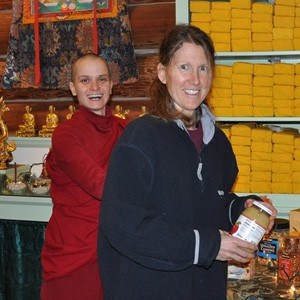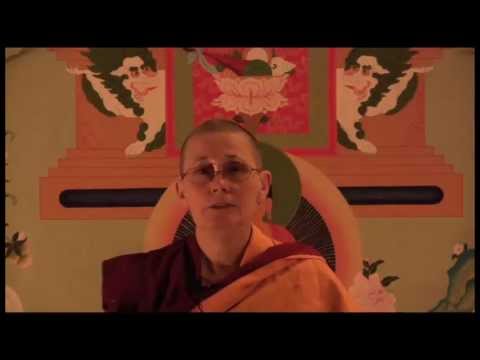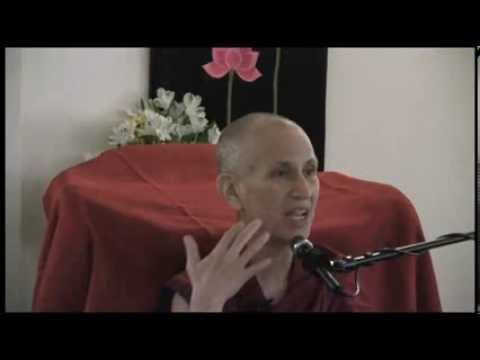Another take on the fifth precept

When I first studied the Five Lay Precepts, my immediate reaction was that the precept regarding intoxicants would be easy. I don’t drink, I don’t smoke, and I don’t use recreational drugs. No problem!
However, the more I studied the Dharma, the more I understood the reasoning behind abstaining from such things—that intoxicants can involve other addictions under the influence of which we compromise the values we have chosen as Buddhist practitioners. Because of this, it was obvious to me that although drinking, smoking, and drugging are not my addictions of choice, this fifth precept certainly applied to other “intoxicants” in my life…
I have an auto-immune disease that has crippled my digestive system. Functioning day-to-day can be a challenge and requires strict adherence to an extremely limited diet. Even a small transgression can result in crippling pain, extreme fatigue, as well as a host of other symptoms.
After more than two decades of illness, it should have been a blessing to find a dietary regimen that enabled me to function from day to day, but the truth is that I struggled with such a limited diet. Envy and depression were present at every meal as I watched others eat. Focused on all the things I couldn’t have, I “cheated” on my diet constantly, perpetually making myself sicker and weaker. Even though I knew better, I continued to eat foods that harmed my body. The guilt that I felt, having knowingly harmed myself, only increased the likelihood that I’d “cheat” on my diet yet again.
That was until I started to regard my diet (and my health) in terms of my spiritual practice, specifically in terms of this fifth precept:
From my own experience and examination, I know that taking intoxicants harms myself and others. Therefore, I undertake to avoid taking intoxicating substances—alcohol, recreational drugs and tobacco—and to keep my body and environment clean. By my doing this, my mindfulness and introspective alertness will increase, my mind will be clearer, and my actions will be thoughtful and considerate.
I renew this precept twice a month with one small addition, mentally adding that I will eat only the foods that are healing and nourishing to my body. Because the truth of the matter is that when I eat foods that don’t promote health in my body, I am distracted with pain, I’m more likely to cut my meditation sessions short, I’m more likely to be grumpy and complaining, polluting my environment with unskillful thoughts, words, and actions. In short, consumed with my own suffering, I’m less likely to be of benefit to others.
Conversely, however, when I choose to eat foods that are healing and sustaining to my body, my mind is clearer, I have less physical obstacles to practice, and I’m in a position to be of benefit to others.
Putting my diet and my health in these terms means choosing between food and my Dharma practice; between the self-centered thought and the wish to benefit others. It really is that simple. And so for me, eating a healthy diet, no matter how difficult, is an extension of this fifth precept.
Interestingly enough, now that I am accustomed to making food choices in terms of my Dharma practice, mealtimes have been completely transformed. I no longer agonize over all the things I cannot have. I have found contentment in the foods that keep me healthy, strong, and facilitate my Dharma practice. And even better, I have learned to sincerely rejoice in all the wonderful and delicious foods that others enjoy without needing to indulge in them myself.
Heather Mack Duchscher
Heather Mack Duchscher has been studying Buddhism since 2007. She first started following Venerable Chodron's teachings in January 2012 and began attending retreats at Sravasti Abbey in 2013.


